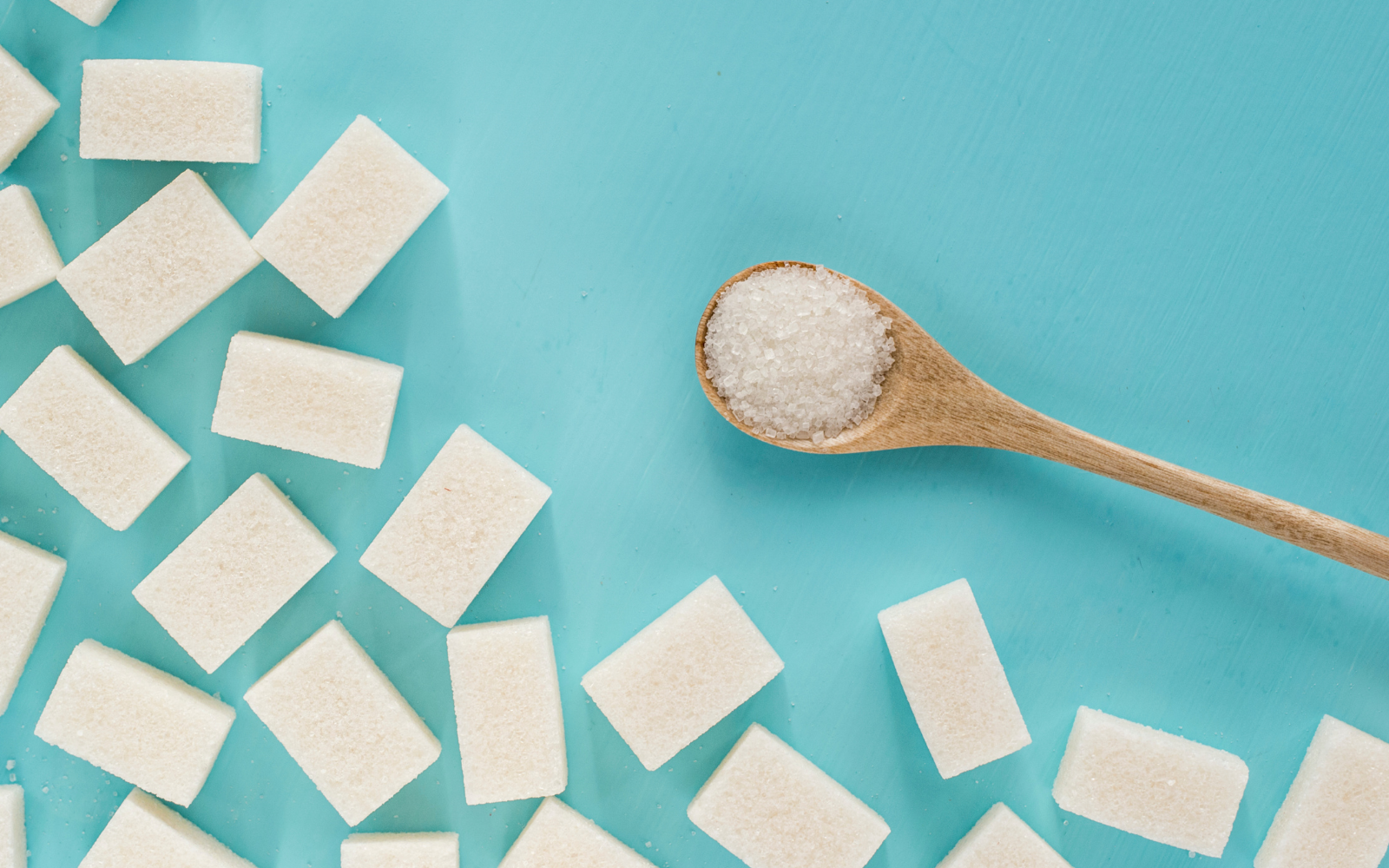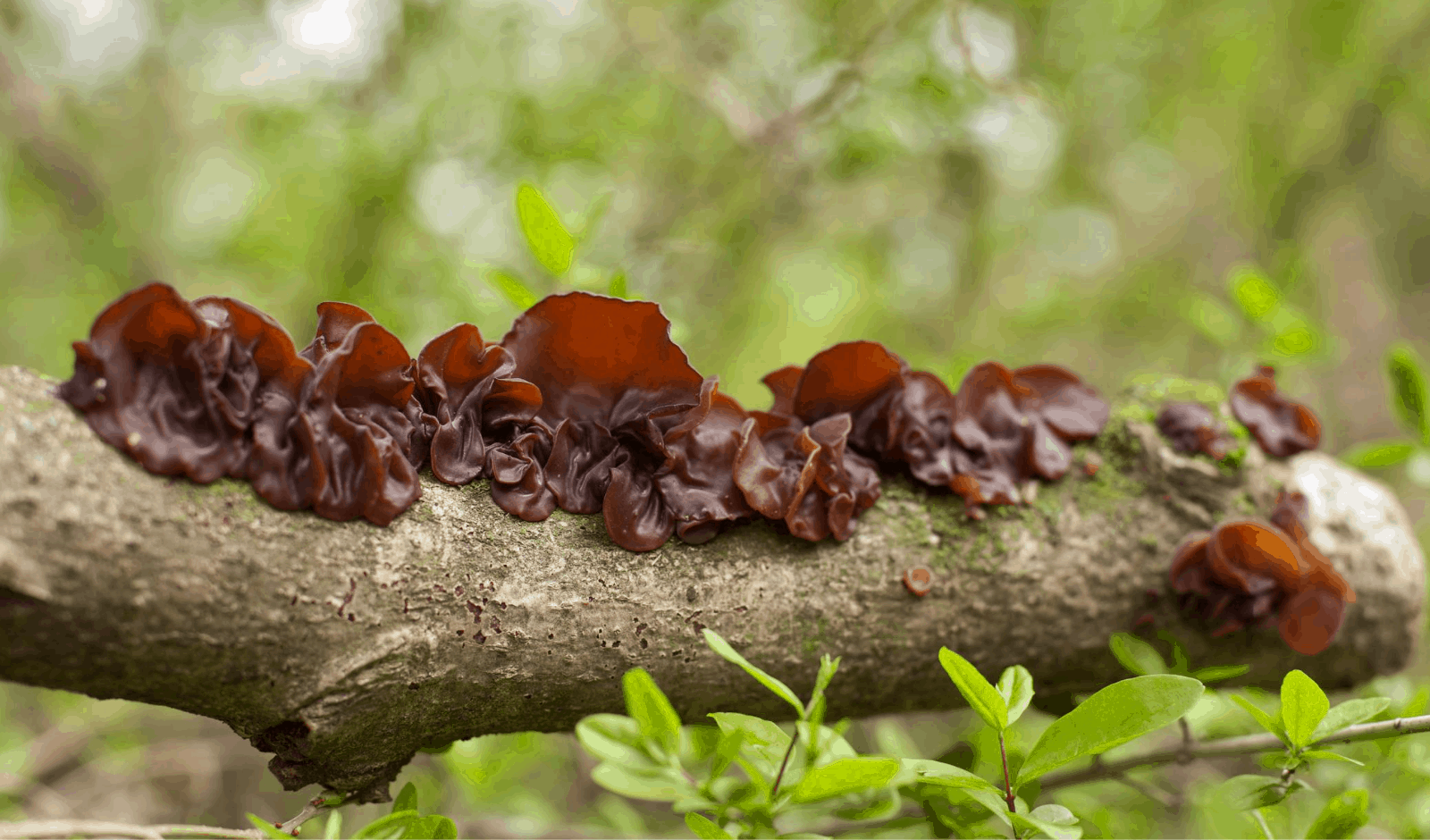Have you ever seen a baobab tree? You can’t miss that unmistakable shape: the baobab looks like a tree that grew in the wrong direction with a wide trunk.
Believe it or not, this strange looking tree bears tasty fruit with an incredible nutrient profile and numerous health benefits.
Let’s take a look at the baobab fruit so you can figure out whether or not it would make a great addition to your diet or supplement routine.
What is Baobab Fruit?
The baobab tree, or Adansonia Digitata scientifically, is also known as the Tree of Life and for good reason. Indigenous populations throughout Africa and Arabia – particularly Yemen’s Socotra island and Africa’s Madagascar island – have used the stunning baobab trees for remedies, shelter, food, and water, for centuries. Locals commonly refer to the baobab as the dead rat tree (due to the appearance of the fruit), monkey bread tree, the upside-down tree, and the cream of tartar tree. Don’t turn up your nose at the name dead rat – baobab fruit is dry, rather than juicy, with a sour tropical flavor. However, the hanging vines that hold the fruit do kind of resemble a rat tail. Baobab trees tend to reach massive heights of up to 82 feet with an almost equally huge diameter of 46 feet. The fruit pulp and seeds, as well as powder made from these pieces, make a powerful health food. Traditional African medicine has taken advantage of the benefits of baobab powder for generations.Baobab Fruit Nutrient Profile
The vast vitamins and minerals in the baobab fruit vary depending on where the tree was grown. In general, baobab fruit has exceptionally high levels of vitamin C, vitamin B6, fiber, magnesium, iron, and zinc. Baobab fruit contains no fat but it does boast about one gram of protein per serving. To top it off, baobab has plenty of antioxidants which bring their own unique health benefits to the table.Top Health Benefits of Baobab Fruit
Unless you live specific parts of Africa or Yemen, you’ll likely have to settle for baobab powder. Don’t worry: it’s easy to include baobab powder in your recipes or fill your own capsules so you can enjoy the numerous health benefits below.1. Supports the Immune System
Your immune system puts up with quite a beating. You’re exposed to bacteria and germs just about everywhere you go. Needless to say, your immune system could stand a little help to keep things running smoothly. The high levels of vitamin C and potent antioxidants make baobab powder an excellent choice for supporting the immune system. Vitamin C is especially important for supporting a healthy immune system and defending against pathogens. (1)2. It Can Lower Blood Sugar Levels
Over 8% of American adults have some form of diabetes. Obesity coupled with chronic high blood sugar levels plays a large role in developing diabetes. Fortunately, baobab fruit can help manage blood sugar and insulin levels. Studies have found that baking baobab powder into white bread helps the body manage insulin more efficiently. As a result, less insulin is needed and blood sugar levels decrease. (2)3. It Can Reduce High Blood Pressure
Over 60% of adults in the United States suffer from either high blood pressure or prehypertension – the precursor to high blood pressure. (3) Sadly, about half of these patients don’t have their blood pressure under control either. Baobab can help with that. The secret lies in baobab’s nice potassium content. (4) Studies show that potassium is beneficial for reducing blood pressure levels.4. Baobab Supports Digestive Health
A staggering 95% of the U.S. population doesn’t consume enough fiber. (5) Fiber is crucial for defending against heart disease and digestive conditions. Luckily, one little tablespoon of baobab powder provides 18% of your daily recommended amount of fiber. Slip it into your smoothie and enjoy the benefits of good digestive health.5. It Has Double the Antioxidants of Goji Berries
Baobab fruit and powder have double the antioxidants and seven times the vitamin C of goji berries. Antioxidants are vital for protecting your cells against free radical damage and unfortunately, coffee is the main supply of antioxidants for most Americans. (6) While coffee is an excellent source of antioxidants, baobab powder also contains other vital substances like fiber and magnesium for well-rounded support.6. It Has Anti-Inflammatory Properties
Inflammation causes problems throughout the body. Chronic inflammation can lead to devastating conditions like heart disease and cancer. (7) Fortunately, baobab powder contains high levels of antioxidants and polyphenols to protect against free radical damage. Extensive studies have found that the antioxidants and other substances in baobab effectively reduce inflammatory markers.7. Baobab May Assist Weight Loss Efforts
Fiber isn’t just excellent for digestive health – it can also aid your weight loss efforts. Good news: baobab contains nine grams of fiber in a two-tablespoon serving. Studies show that eating at least 30 grams of fiber per day can help you lose weight. (8) Fiber works well for weight loss because it helps you feel fuller for a longer period of time so you tend to consume less calories throughout the day.
How to Find and Consume Baobab
Baobab is surprisingly easy to find. You can pick up baobab powder and oil at many stores – even Walmart. You can also find shampoos and haircare products with baobab powders and extracts. You have no shortage of possibilities for including baobab powder into your diet.- Add a scoop to smoothies for a tart flavor and antioxidant-rich boost.
- Mix baobab powder into your oatmeal for a fiber-packed punch.
- Lower blood sugar by baking baobab powder directly into your baked goods.
- Swirl it into your yogurt for added fiber and vitamin C.
- Enjoy a cool summer treat of baobab sorbet on a hot day.
Fresh Baobab Vs. Baobab Fruit Powder
Baobab powder is much easier to come across in the Western world, compared to fresh baobab fruit. If you want to try fresh baobab, plan a trip to Africa to enjoy a safari and a nice drink of baobab pulp. Like many powders, you can enjoy a higher concentration of vitamins and nutrients with baobab powder. Since the powder offers a more compressed version of the fruit, you don’t need to eat a giant bowl of baobab fruit – just sprinkle a few tablespoons into your juice.Baobab Fruit Vs. Baobab Oil
Baobab oil comes from the plant’s seeds. It’s extremely viscous and has a nice smell which makes baobab oil a perfect addition to haircare and skincare products. Baobab oil contains a nice variety of fatty acids including three rare types: malvalic acid, sterculic acid, and dihydrosterculic acid. While it’s safe and healthy to apply baobab oil to your skin and hair, it’s not fit for consumption because it contains the fatty acid cyclopropenoid. Some companies remove cyclopropenoid from their baobab oil and deem the product fit for consumption. However, heating baobab oil to high levels during cooking can also cause changes in the fatty acids which in turn makes the oil dangerous to consume as well. Baobab fruit and seeds, on the other hand, are perfectly safe for consumption. Stock up on baobab powder to enjoy the benefits of the fruit and slather baobab oil directly onto your skin for a beautiful and hydrated glow.Interactions and Side Effects of Baobab Fruit
At this point in time, there are no known side effects associated with baobab powder so you can safely add it to your diet without worrying. However, it’s important to point out that the safety of baobab supplements has not been tested in pregnant or breastfeeding women so err on the side of caution in this case. More good news: baobab doesn’t have any known drug interactions either. At the same time, baobab does have a high vitamin C content so talk to your doctor if you’re on any medications to make sure it’s safe to consume high levels of vitamin C. Medications like oral contraceptives, warfarin, and statins as well as chemotherapy all change when exposed to high levels of vitamin C.


